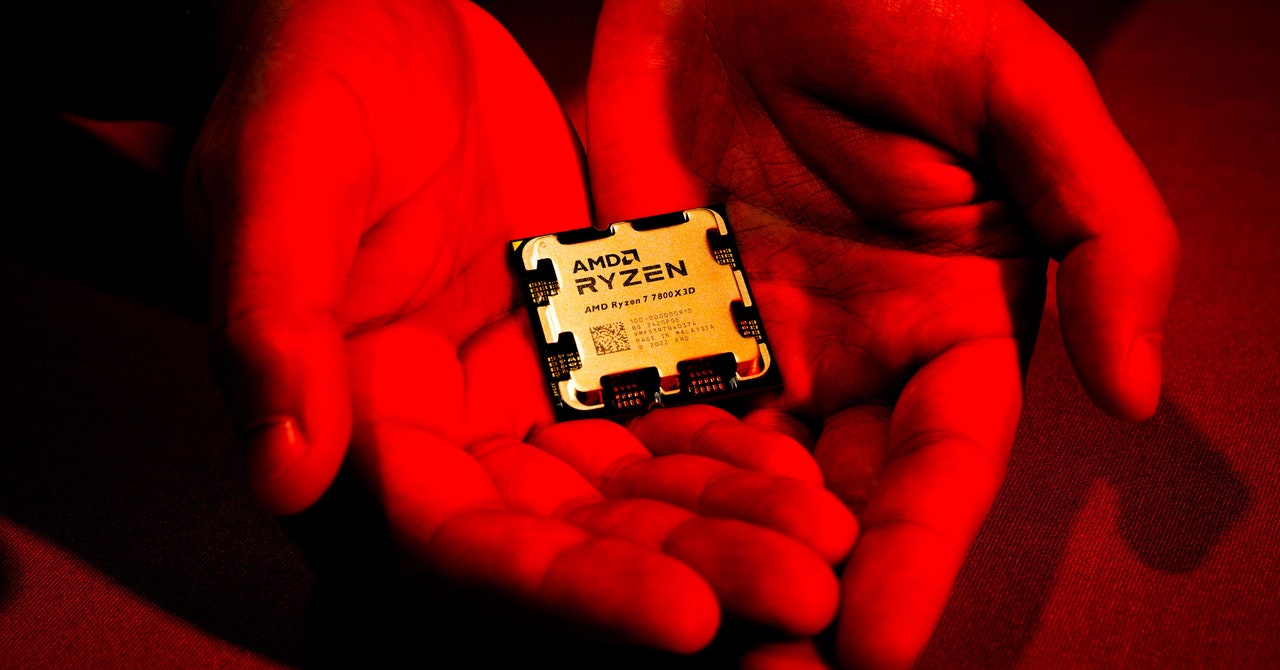- cross-posted to:
- pcgaming@lemmy.ca
- cross-posted to:
- pcgaming@lemmy.ca
Oopsy!
Notable quote:
“It’s going to be nearly undetectable and nearly unpatchable.” Only opening a computer’s case, physically connecting directly to a certain portion of its memory chips with a hardware-based programming tool known as SPI Flash programmer and meticulously scouring the memory would allow the malware to be removed, Okupski says.
Let’s hope a microcode or BIOS update can prevent it from happening in the first place.
Original source:
https://info.defcon.org/event/?id=54863
Relevant links:
https://ioactive.com/event/def-con-talk-amd-sinkclose-universal-ring-2-privilege-escalation/
https://www.youtube.com/watch?v=xSp38lFQeRE
https://www.youtube.com/watch?v=lR0nh-TdpVg&t=2s
(I found the Bleeping Computer article more informative and concise than the Wired one.)
Similar vulnerability threat as the Intel ME bug. Annoying for security-critical applications where you start worrying about hardware security, but virtually no real-world threat. Might be useful for users wishing to disable security processors though.
Unfortunately PSP is required for x86 core initialisation. I’m not sure if this can actually be bypassed.
who is naming this shit
More “cybersecurity” clickbait with red/blue/green images of processors and skulls. That’s the real “infection”
Requires kernel-level access. Also AMD is “releasing mitigations,” so is it “unfixable?”
I think they meant it as “once infected may be impossible to disinfect.” But it sure doesn’t read that way at first glance.
Did they change it? Because now it says “Allows Deep, Virtually Unfixable Infections” and that seems to say exactly what you are.
If you have kernel access you can already do almost everything so a vulnerability on top of that isn’t that bad since no one should have kernel access to your computer
You mean like Crowdstrike?
MostAll antivirus software runs at kernel levelWhich is precisely the reason you shouldn’t use an AV apart from the one packaged with Windows






